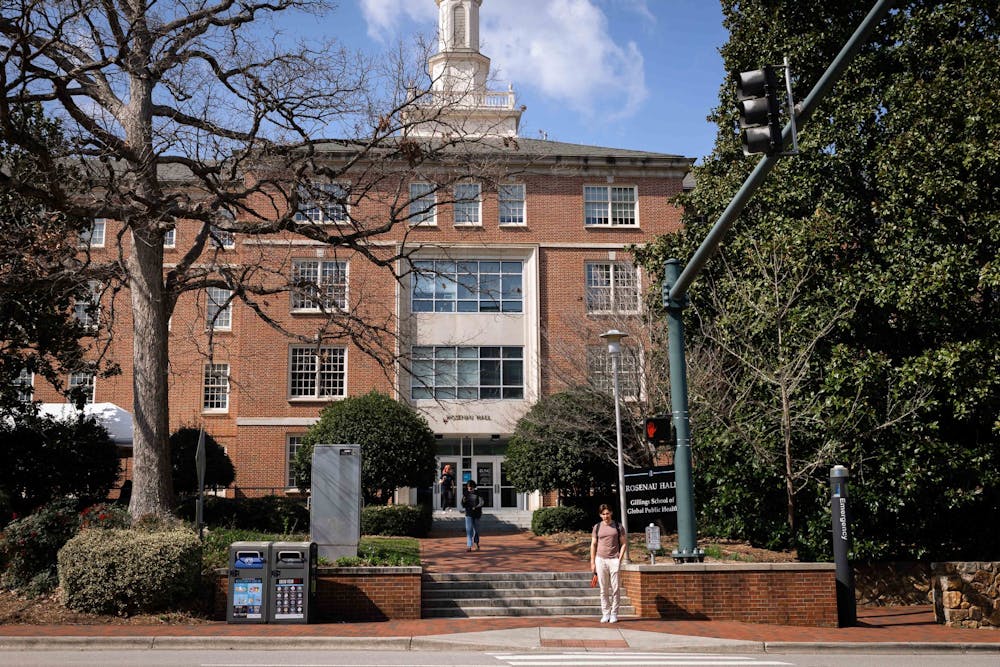The Centers for Disease Control and Prevention awarded grant funding to the Gillings School of Global Public Health to establish the Outbreak Analytics and Disease Modeling Network, a new project to model and project future disease outbreaks.
The five-year grant, which awards Gillings $4.5 million a year, aims to help the initiative forecast outbreaks, pandemics and epidemics by creating the Atlantic Coast Center for Infectious Disease Dynamics and Analytics.
The CDC grant was announced at the end of September, and Gillings is one of 13 institutions nationwide to receive funding from the CDC for the project.
According to the school, this grant will aid in establishing the University as a “Center of Innovation” for the project. It will also make the University the sole OADM Coordinating Center to help facilitate communication among the project's many branches.
The initiative was created in response to COVID-19 to help the United States be more prepared and have more accurate data surrounding a future outbreak or epidemic.
Kimberly Powers, an associate professor in the Department of Epidemiology at Gillings, is a co-leader of the endeavor. She said the project is important because it will help streamline emergency public health responses before future outbreaks occur.
“I think when the COVID-19 pandemic hit, there was really a chaotic, uncoordinated scramble at universities,” Powers said. “The lesson learned from that experience and the premise behind the establishment of this network of centers is to allow us to get all of these ducks in a row before the next outbreak or pandemic arrives."
Justin Lessler, a professor in the epidemiology department at Gillings is another leader of the project. He described the initiative as similar to a National Weather Service for infectious diseases and said UNC was chosen for the grant because of their experienced team of researchers. Lessler said he and several other people on the OADM team have experience in disease modeling, including a COVID-19 Scenario Modeling Hub.
“I really think the biggest reason we got selected is the fact that we were able to bring such a good team together, both at UNC and the other partner institutions,” he said.



